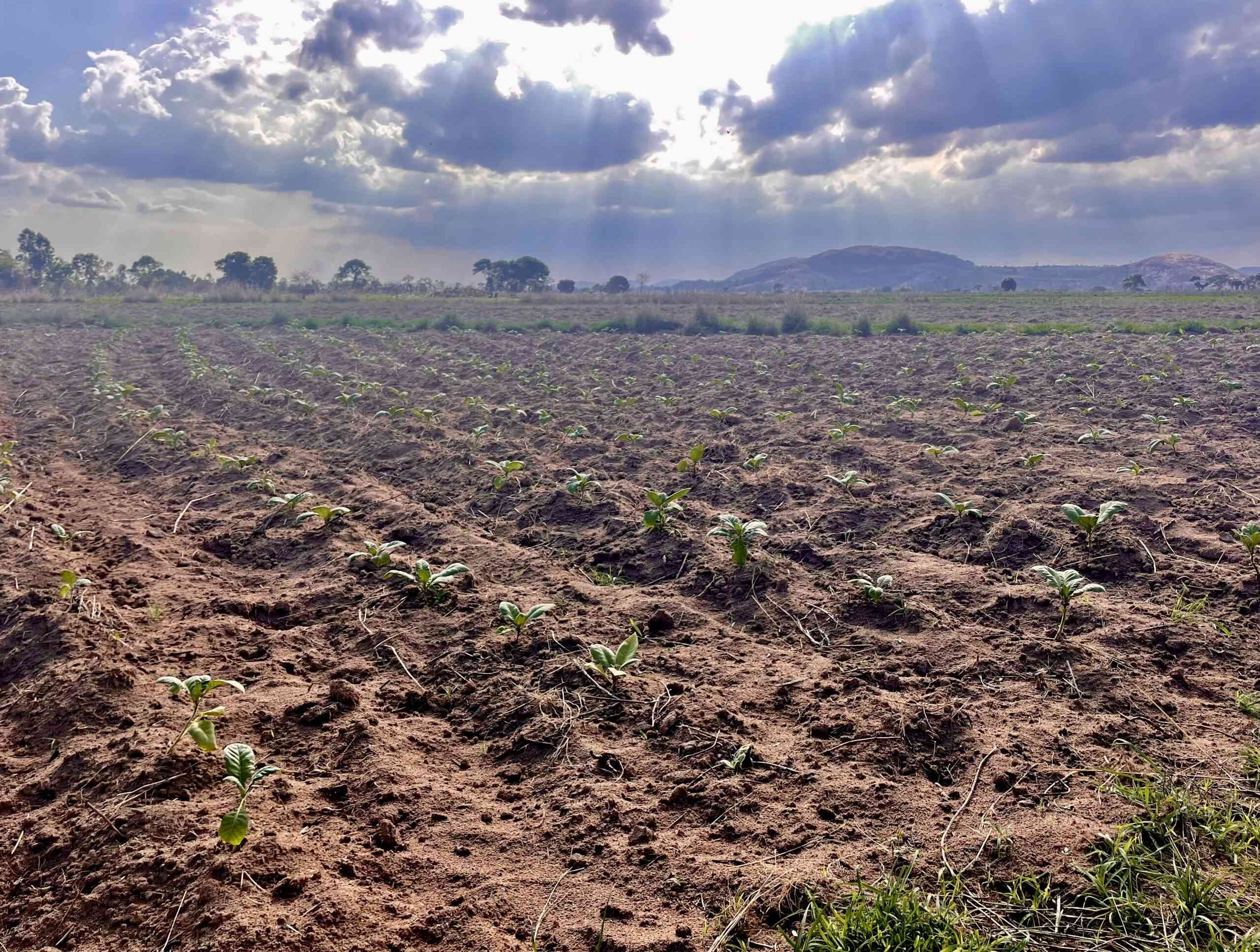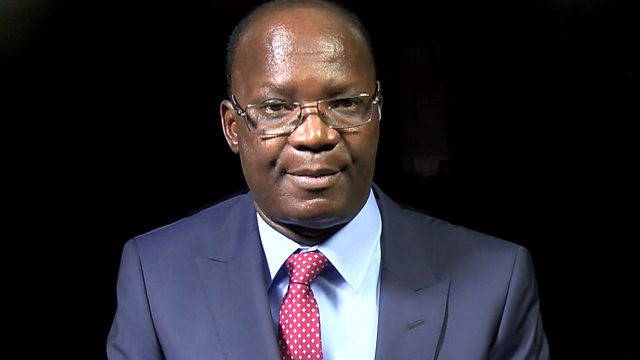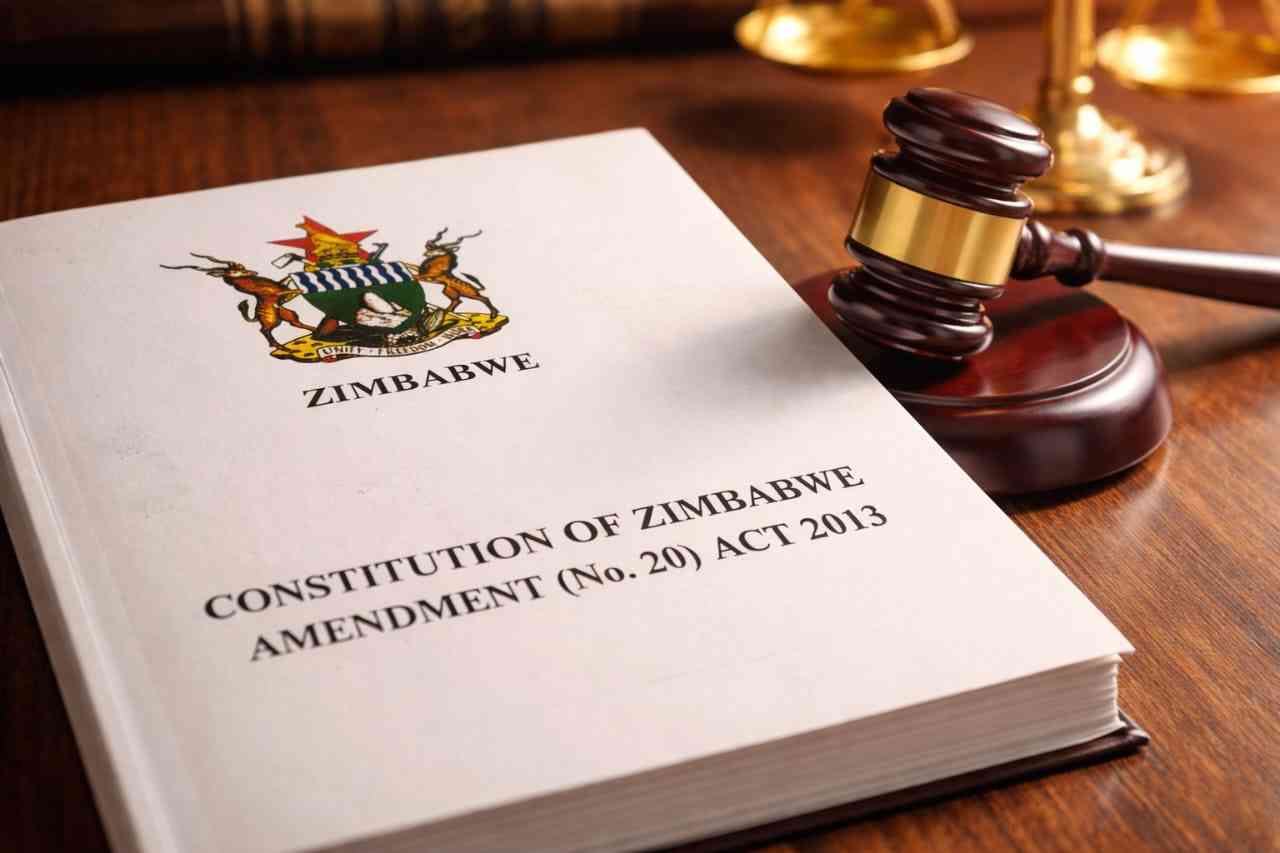
A Zimbabwean-born farmer acclaimed in the United Kingdom for being the first to grow white maize there, has criticised the manner in which the country’s land reform programme was handled, saying it was driven by politics without brains.
David Mwanaka, beneficiary of over 300 hectares of land from the British government, described the exercise as rushed and racially motivated.
"Undoubtedly, land reform was necessary, but it had to be done the right way," Mwanaka said in an interview.
“Firstly, land should have been given to people who could utilise it productively.
“Secondly, it's a disgrace that land was transferred from a minority of whites to a minority of blacks; not everyone benefitted."
“Before people are allocated land, you have to build schools, hospitals, roads, and all the necessary infrastructure to support the population moving into new areas.
“Above all, those settled on farms needed education on how to use the land productively. It ended up as politics without much brains.”
Mwanaka's expertise in growing white maize and exotic tropical crops in a cold climate deemed unsuitable by experts has transformed a segment of British agriculture.
- Zim needs committed leaders to escape political, economic quicksands
- Chicken Inn knockout Harare City
- Ziyambi’s Gukurahundi remarks revealing
- Ngezi stunned by 10-man Herentals in Chibuku Cup
Keep Reading
This innovation earned him high-level recognition, including meetings with the late Queen Elizabeth and recent visits from the royal family.
"It was very humbling to know that even the royal family can acknowledge what you do,” he said.
“I did not start farming in the UK to receive any award. To me, it's just a passion. I love what I do whether I make money or not.”
A former journalist and playwright who relocated to the UK in the 1990s, Mwanaka turned to farming out of a desire for the food he grew up eating in Manicaland.
He pioneered his methods through trial and error, without textbooks or agronomists to assist him.
What began as a personal quest later blossomed into a business when he discovered a market among others nostalgic for the taste of home, he said.
On the prospect of returning to Zimbabwe, Mwanaka said he missed home.
"Zimbabwe will always be home,” he said.
“I miss home sometimes, but I will come back when the time is right."










